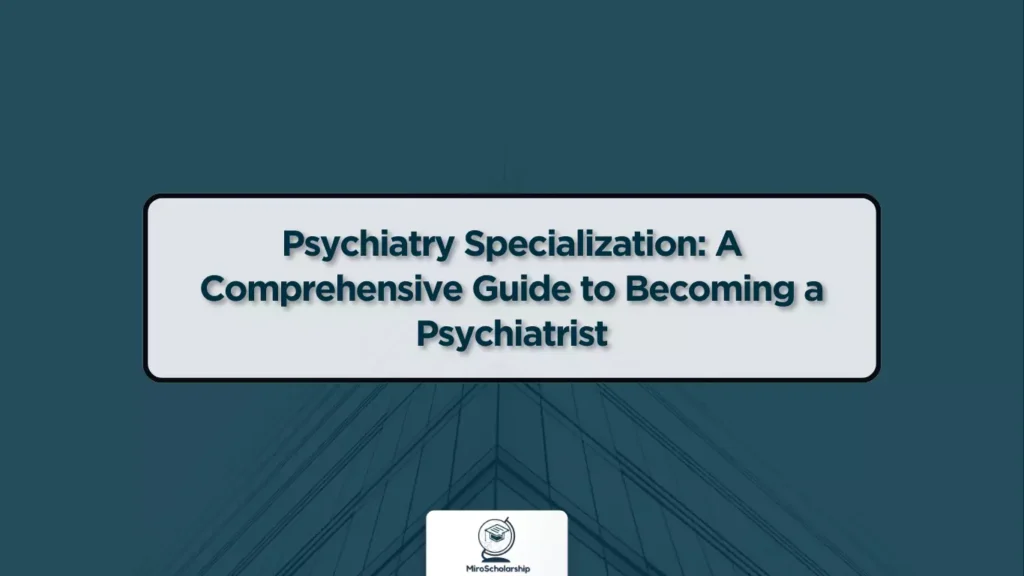Introduction
As digitalization continues to reshape every aspect of our lives, cybersecurity has become more important than ever. The growing threat landscape, which includes phishing, ransomware, data breaches, and more, poses serious risks to personal, financial, and even national security. With cyberattacks becoming increasingly sophisticated, the need for advanced security strategies is critical to safeguarding sensitive information and maintaining digital safety.
This article delves into common cyber threats, offers practical strategies for prevention, shares best practices for online security, and highlights the emerging trends that will define the future of cybersecurity.
Common Cyber Threats and How to Prevent Them
Cyber threats are a constant concern for businesses and individuals alike. Here are some of the most common threats and tips on how to protect yourself:
1. Phishing Attacks
What It Is:
Phishing is a deceptive tactic where attackers send fraudulent emails or messages that appear legitimate, attempting to trick recipients into sharing sensitive information such as login credentials, credit card numbers, or other personal details. These messages often contain harmful links or direct users to fake websites.
Prevention Tips:
- Always verify the sender’s email address.
- Avoid clicking on links or opening attachments from unknown sources.
- Use email filtering tools to block suspicious messages.
- Educate yourself and others on how to spot phishing scams.
2. Ransomware
What It Is:
Ransomware is a type of malware that encrypts a victim’s files, demanding a ransom for their release. Typically spread through malicious email attachments or compromised software, ransomware attacks can have devastating financial and operational consequences.
Prevention Tips:
- Regularly back up data on external or cloud storage.
- Use up-to-date antivirus software to detect and block ransomware.
- Implement network segmentation to limit ransomware’s spread.
- Avoid downloading files from unverified sources.
3. Data Breaches
What It Is:
A data breach occurs when unauthorized individuals access sensitive data, often leading to identity theft or financial loss. Data breaches can affect businesses, government organizations, and individuals alike.
Prevention Tips:
- Use strong, unique passwords and update them regularly.
- Enable multi-factor authentication (MFA) for an additional layer of security.
- Encrypt sensitive data, both while stored and during transmission.
- Conduct routine security audits to identify and address vulnerabilities.
4. Denial of Service (DoS) Attacks
What It Is:
A DoS attack floods a network or website with excessive traffic, causing it to crash and become unavailable to users. Distributed Denial of Service (DDoS) attacks involve multiple systems working together to launch the attack.
Prevention Tips:
- Deploy anti-DDoS solutions to mitigate attacks.
- Use redundant systems and maintain backup network infrastructure.
- Monitor network traffic regularly to identify and prevent anomalies.
- Partner with hosting providers offering built-in DDoS protection.
5. Malware
What It Is:
Malware refers to malicious software designed to damage systems, steal data, or allow unauthorized access. It includes viruses, worms, and spyware.
Prevention Tips:
- Install and update antivirus software regularly.
- Avoid downloading software or files from untrusted websites.
- Perform routine system scans for potential malware infections.
- Use firewalls to block unauthorized network access.
Best Practices for Staying Safe Online
Beyond addressing specific threats, adopting good cybersecurity practices is key to maintaining a secure online presence.
1. Keep Software Updated
Outdated software can harbor security vulnerabilities that cybercriminals may exploit. Regular updates and patches help protect against known threats by addressing these flaws.
2. Use a VPN
A Virtual Private Network (VPN) encrypts your internet traffic, making it safer to browse the web—especially when using public Wi-Fi networks.
3. Educate Yourself and Your Team
Staying informed about the latest threats and cybersecurity trends is essential for identifying and avoiding potential risks. Educating yourself on the common tactics used by cybercriminals can significantly reduce your chances of falling victim to attacks.
4. Implement Strong Password Policies
Create complex passwords with a combination of uppercase and lowercase letters, numbers, and special characters. Avoid using the same password across multiple platforms, and consider a password manager for securely storing them.
5. Regularly Back Up Data
Backup your critical files regularly using encrypted cloud storage or offline backups. This ensures that even if your system is compromised, you can restore your important data without paying a ransom or facing data loss.
6. Enable Multi-Factor Authentication (MFA)
MFA provides an additional layer of security by requiring two or more forms of verification. Even if your password is compromised, MFA ensures that attackers cannot access your accounts without completing the second step.
Emerging Trends in Cybersecurity
As cyber threats become more sophisticated, the cybersecurity industry is evolving. Here are some emerging trends that are shaping the future of digital security:
1. AI-Driven Cyber Defense
Impact:
Artificial Intelligence (AI) has revolutionized cybersecurity by enabling real-time threat detection and response. AI-driven platforms use machine learning to analyze patterns in network traffic, helping to detect and mitigate cyberattacks before they happen.
Example:
Darktrace uses AI to monitor network behavior, alerting administrators when unusual activities are detected that could indicate a potential breach.
Value:
AI reduces the time it takes to identify and respond to threats, providing more efficient protection against evolving attacks.
2. Zero Trust Architecture
Impact:
The Zero Trust security model assumes that no one, whether inside or outside the network, can be trusted by default. Every user, device, and system must undergo strict verification before accessing resources.
Example:
Companies implement Identity and Access Management (IAM) systems and multi-factor authentication (MFA) to ensure only authorized users can access sensitive data.
Value:
Zero Trust minimizes the risk of unauthorized access, enhancing security by ensuring that only verified users and devices are granted access to critical systems.
3. Cloud Security Advancements
Impact:
As more businesses migrate to cloud environments, ensuring cloud security is more important than ever. Enhanced cloud security solutions offer automated threat detection, vulnerability management, and compliance monitoring.
Example:
AWS Shield and Azure Security Center provide real-time threat monitoring and automated defenses against potential attacks on cloud-based applications.
Value:
Improved cloud security ensures that data hosted on cloud platforms remains safe, even as cyber threats evolve.
4. Quantum Cryptography
Impact:
Quantum cryptography uses the principles of quantum mechanics to secure communication channels and make encryption unbreakable. It provides quantum key distribution (QKD), which creates encryption keys that are immune to eavesdropping.
Example:
QKD systems use quantum particles to create encryption keys that can be altered if an attempt to intercept them occurs, signaling any breach.
Value:
Quantum cryptography promises to enhance data security in ways that traditional encryption methods cannot, making it a crucial tool for the future of cybersecurity.
Conclusion
As cyber threats continue to grow in sophistication and scale, it’s crucial to implement proactive cybersecurity measures to protect against risks. From adopting strong password policies to embracing AI-driven defenses, individuals and organizations must stay vigilant and informed.
Emerging technologies like Zero Trust architecture, AI, and quantum cryptography are already reshaping the cybersecurity landscape, providing innovative solutions to combat increasingly complex threats. However, as the digital world evolves, continuous learning and adaptation will be key to staying ahead of cybercriminals and ensuring our online safety.
By leveraging the right cybersecurity tools, staying informed, and fostering a culture of digital vigilance, we can better protect ourselves from the evolving cyber threats of tomorrow.
Read More: Master Cloud Engineering 2025


